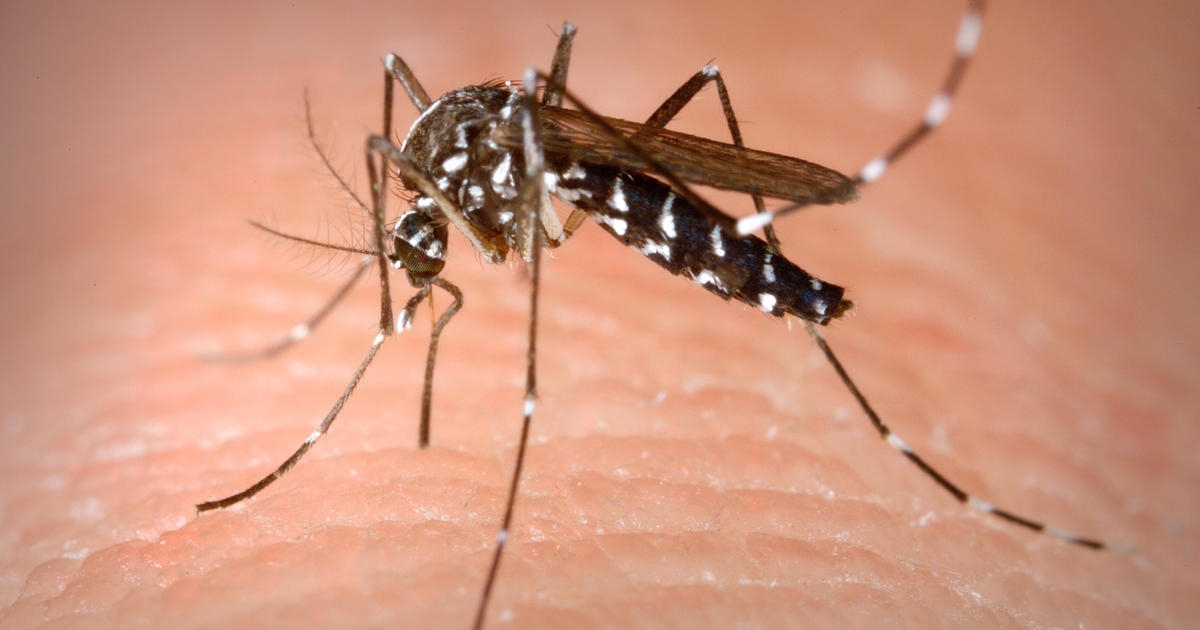New Guidelines Flip Script On Peanut Allergy Rules
Follow CBSMIAMI.COM: Facebook | Twitter
MIAMI (CBSMiami) – All the things you learned about preventing peanut allergies may now be the exact opposite.
CBS4's Tiani Jones spoke with a local family who deals with it every day.
Elizabeth Wasserman followed all the rules from her pediatrician with her daughter Shelby – especially the "no peanuts before age 3" rule.
But as most parents know, sometimes toddlers get into mischief.
"She was around 11 months old and my son was eating some peanut butter and jelly crackers and he had this little desk and she crawled on over there and she got to it," Wasserman said.
Shelby broke out in hives, was rushed to the doctor and her life as a kid with a peanut allergy began.
"All my friends would be like eating things like birthday cake at parties and I couldn't have it," said Shelby. "Or like on Halloween, all the Halloween candy that I couldn't have, so it was annoying."
But new research suggests that had the family introduced Shelby to peanuts as young as 4 months old she may have built up a resistance.
New guidelines from the National Institute of Allergy and Infectious Diseases recommend introducing high-risk babies to foods containing peanuts.
Dr. Hugh Sampson of Mount Sinai Hospital helped write the recommendations.
"We're saying not only it's OK, we're saying go do it. In these high risk children we need to get peanut into their diet early to try to prevent peanut allergy," he said.
Now, Shelby wasn't high risk, but doctors believe these new guidelines will open the door to introducing most infants to peanuts earlier on in life.
Right now the new guidelines say high risk babies with severe eczema or egg allergy should be given peanut protein in the first four to six months.
"I wish something like this would cure peanut allergy but you know it's unlikely... I think we can significantly reduce the amount of peanut allergy," said Sampson.
Wasserman says even with the new guidelines she'd have a hard time following them with a new baby.
"If she didn't have a peanut allergy, I would've still had a hard time with that. I think that it's a risk," she said.
These new guidelines are based on research that showed that 80 percent of babies who were introduced to peanuts early on in life did not develop peanut allergies.



